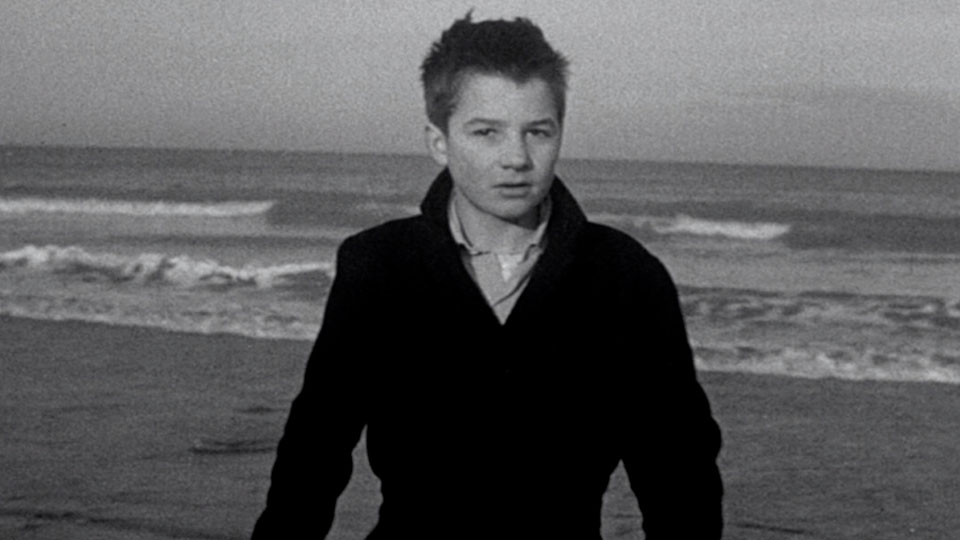What makes good writing great?
06 Thursday Jun 2019
Written by Charles Harris in Books, Breaking The Rules, Mental Game

What makes good writing great?
What sorts the Austens from the Dan Browns? The Truffauts from the Ed Woods?
It’s not using clever words. It’s not making a political statement. It’s not even necessarily creating a dazzling plot.
This is a question I often think about, both as a reader and a writer. And over the years I’ve come up with one answer that seems to come closest to the mark.
Art is the lie that tells the truth
The difference that makes the difference is truth. Honesty.
Now, let’s be clear. We’re talking about fiction here. Making things up. I’m not saying stories have to be true stories in the literal sense. But they have to be honest.
At the start of her insightful article, Your Fiction May Be Failing for One Simple Reason: You’re Not Being Honest, K.M.Weiland quotes the great French novelist Albert Camus:
Fiction is the lie through which we tell the truth.
As readers, we know only too well if a writer has fudged the truth. That works at every level.
From choosing a clichéd word all the way up to twisting the action to suit the needs of the plot.
We know.
Honesty makes good writing great
So, why don’t more writers write honestly?
Weiland suggests one possible answer.
To write characters well, to write them honestly, we must be able to put ourselves into their skins and brains and understand them so completely–even in their objective reprehensibility–that we can love them even as we love ourselves.
This absolutely doesn’t mean you have to agree with him or condone his actions. But it does mean you have to step away from the subjectivity of your own personal pulpit and instead try to write from his subjective perspective.
Putting yourself into someone else’s skin can be great fun, but it can also be enormously hard work. And emotionally draining.
It also challenges the writer’s own beliefs, especially if the character has flaws that we’d prefer not to own up to ourselves. And they all do.
This is where honesty can become frightening. Easier to strike an attitude. To go for a safe cliché.
From words to plots
It’s not that difficult to think up a dramatic plot point or a funny line, if you don’t have to be truthful. An exciting twist may be tempting to the writer who wants to entertain her audience – but not be honest.
It’s much tougher to dream up a plot or a gag that actually rings true on every level.
As Weiland goes on to say:
Part of the reason this is so tricky is that honesty in fiction isn’t always the most expedient way to serve the plot, have fun, or entertain readers.
In an October 2015 interview with The Writer, playwright and screenwriter Donald Margulies notes that sometimes we can unintentionally create a jarring note within the honesty of our work simply by adding scenes, lines of dialogue, or jokes that are at odds with the honesty of the piece but which we have a hard time deleting because they give us “a personal kind of pleasure.”
It’s not about genre
And by the way, this has nothing to do with genre. I’ve read pulp crime novels that were honest good fun. And heavy-weight fiction that was false from start to finish.
The first Pirates of the Caribbean movie was great entertainment – because the writers were true to the story – an honest roller-coaster ride of an adventure pic.
The second in the series, though, was unwatchable. By now, they were writing cynically for the franchise. It followed the Hollywood rules, but the honesty had somehow disappeared between the two.
Breaking the rules
By contrast, honest writers are constantly at risk of breaking the rules as they attempt to wrestle with the truth. Writing in four acts, say, creating a difficult character or even using words in an unusual way.
Getting that balance – holding onto the truth while knowing how to finesse the rules of the craft – that’s where the real skill of writing comes.
Read Weiland’s article – I recommend it highly.
And next time you read a book or watch a movie or TV drama, ask yourself: do I really believe this? On every level?
And if not – how much more honest could they have been?
Read more
Your Fiction May Be Failing for One Simple Reason: You’re Not Being Honest
The two myths about keeping and breaking the rules
Taking risks in the farmers’ market
If you liked this article, join my mailing list and get articles like this every Friday – no obligation, no spam


Tell people what you think